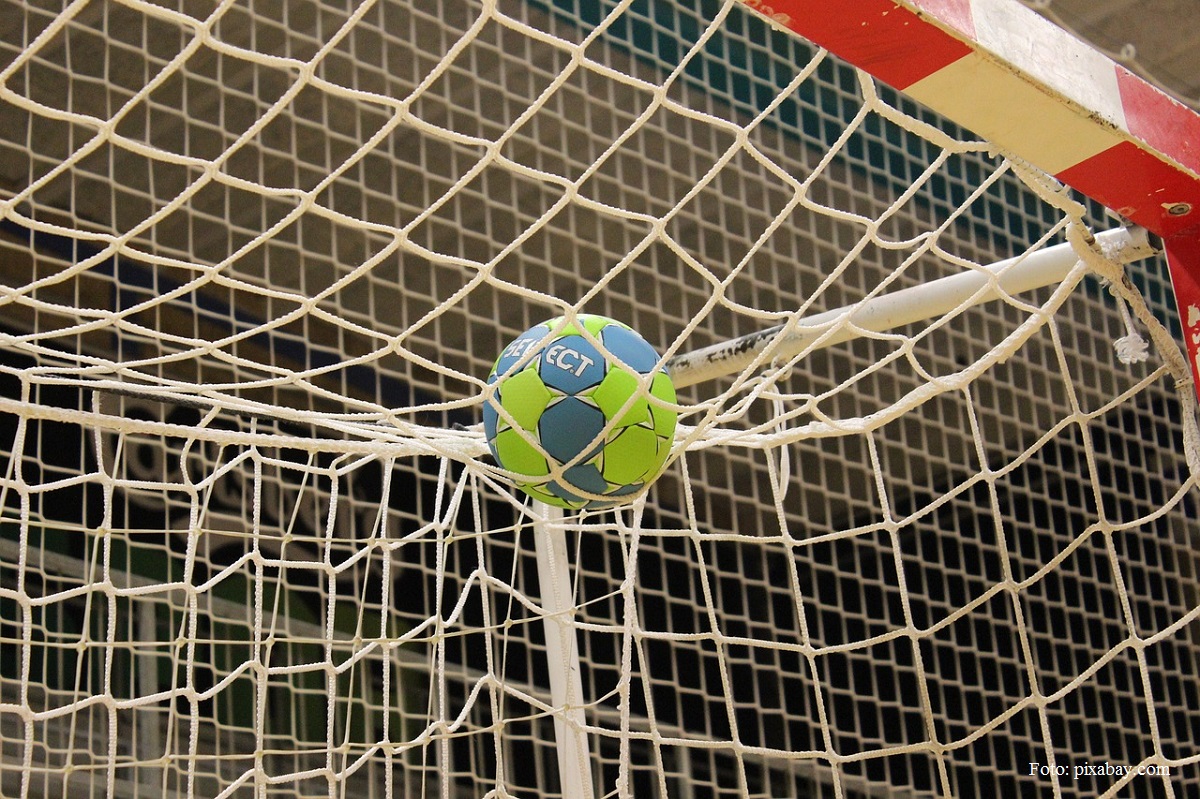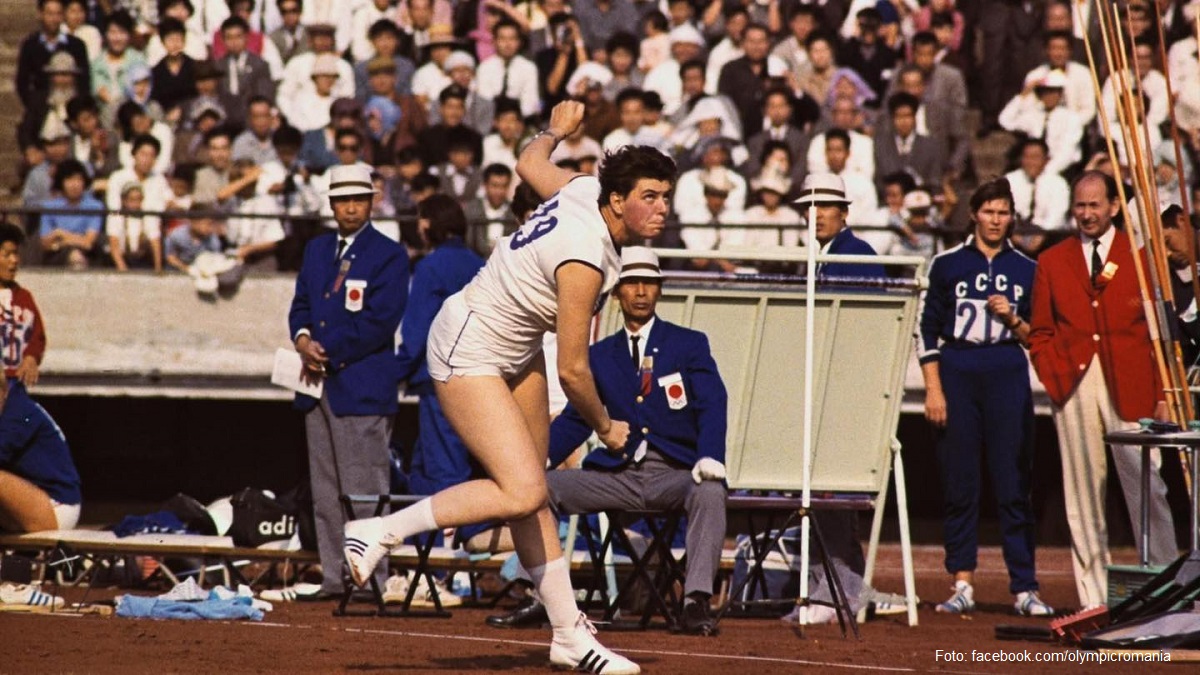Olympic profiles

Florin Orban, 12.06.2019, 13:47
The horse has always played an important
part in the rural civilization, in Romania. That is why horse riding contests
are placed among Romanian traditional sports disciplines. In Romanian villages,
to this day, youngsters still compete galloping on horseback, of driving a
wagon. Little wonder then, that the first Olympic medal in an individual sports
discipline was won in a horse-riding contest. It is not an individual event
proper, since success equally goes to the jockey and the horse, so we are in a
bit of a conundrum if, in the case of a notable performance, we may want to
discriminate between the animal’s talent and the skill of the jockey..
The medal-winning couple was made of cavalry
lieutenant Henri Rang and his horse Delfis. In Berlin, in 1936, Rang and Delfis
came in 2nd in the steeple-chase event.
Rang and Delfis had an excellent run.
However, they had to compete in a playoff for the gold medal with German
lieutenant Kurt Hasse, who was riding Tora. From this point onwards, stories
vary, according to their sources. Were we to believe what was written in the
Sports Gazzette at that time, Tora was the first to enter the playoff contest.
In the last obstacle, Tora failed, and her course ended with a penalty. Then it
was the turn of the Romanian stallion, Delfis, which had an elegant start.
Delfis had no problem jumping over the first obstacle, bringing the German
audience to a standstill. The prospects of grabbing the gold medal were
distant. Right before the last obstacle, the most difficult one, the obstacle where
Tora made the mistake, Delfis slightly touched the upper bar, failing as well.
The German public literally exploded, and their joy was complete when the
speaker announced lieutenant Hasse was the winner because of the shorter timing
he succeeded during the course.
Little is known about Lieutenant Henri
Rang. He was born in 1902. Rang was a member of the golden generation of
Romanian equitation, whose most popular name was that of Felix Topescu. Henri
Rang got seriously involved in high-performance competitions, taking part in a
great number of international top-flight contests, until the outbreak of World
War Two. Rang died an untimely death in 1946, when he was only 44.





























